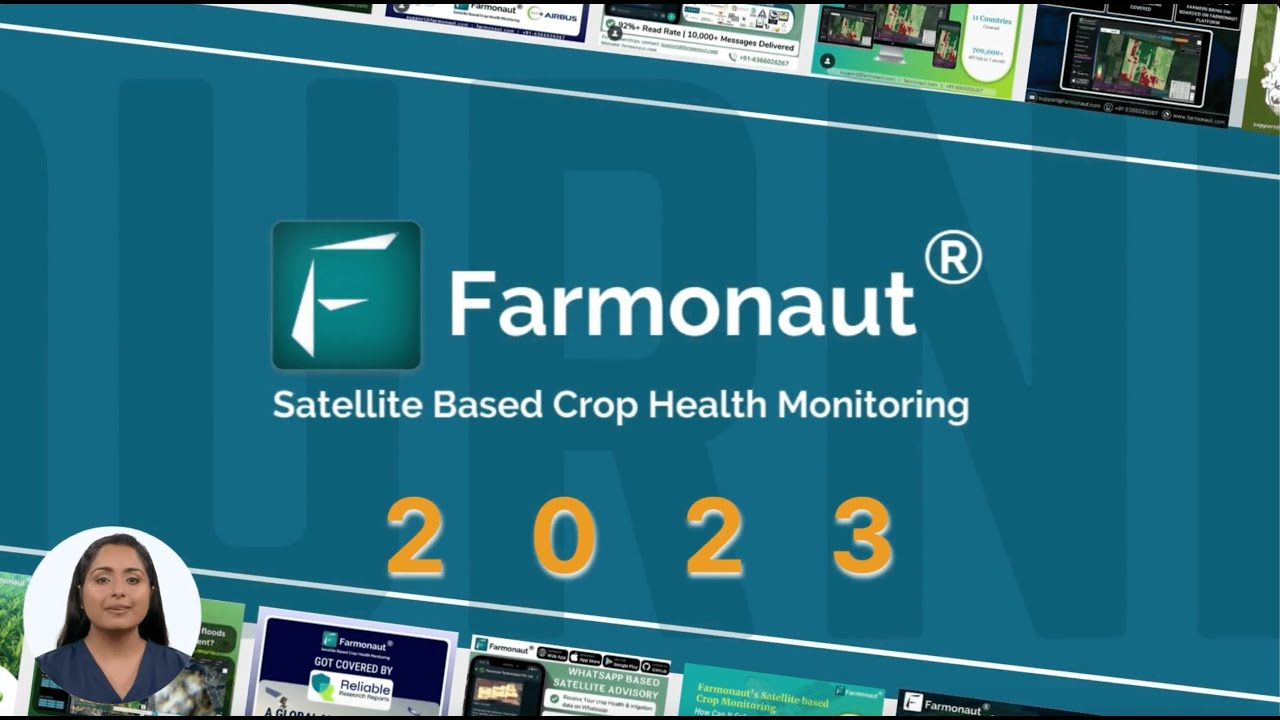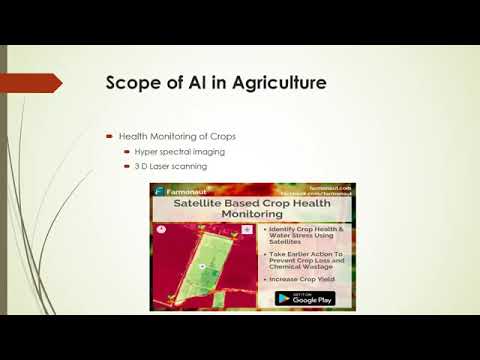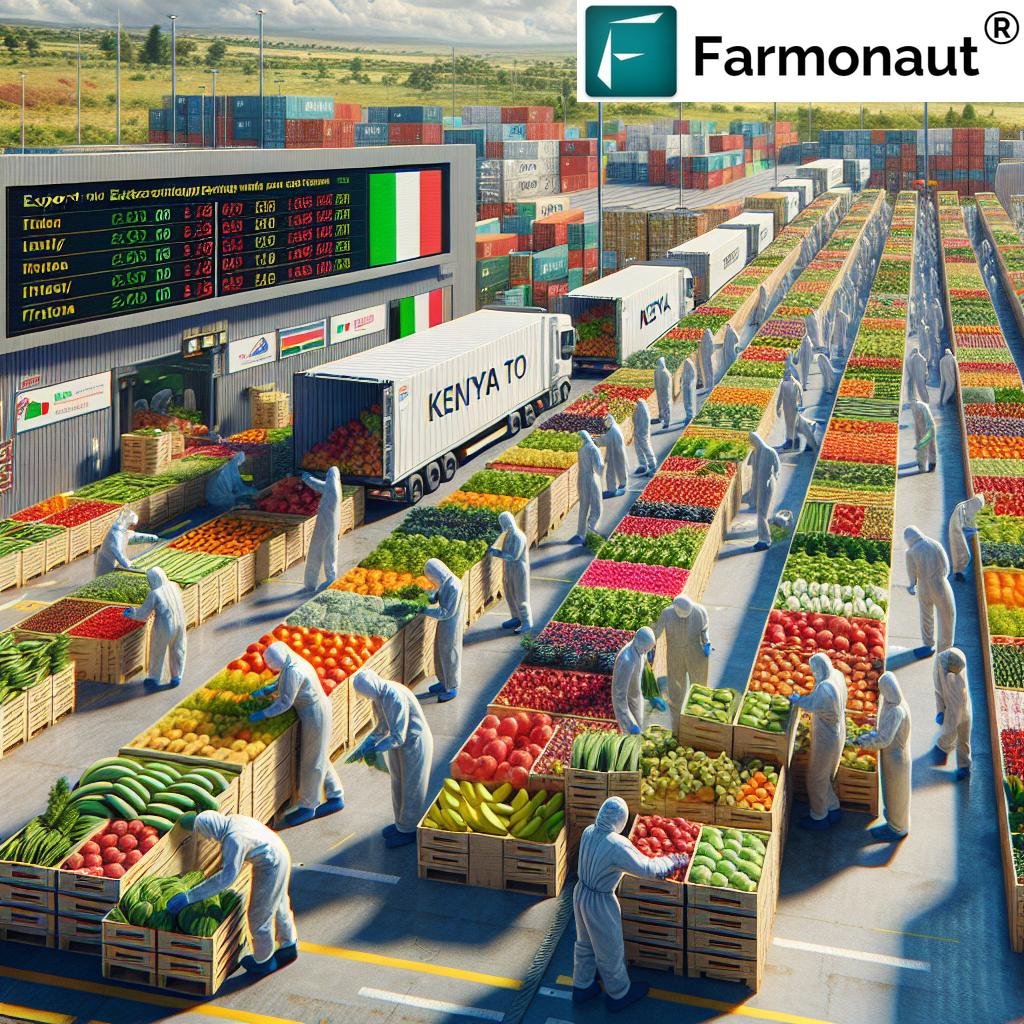Table of Contents
- Introduction: The Role of Women in African Agriculture
- Global Contribution of Women Farmers
- Challenges Faced by Women Farmers in Africa
- Challenges vs. Solutions for Women Farmers in Africa
- 7 Powerful Ways to Boost Equality for Women Farmers
- How Farmonaut Supports Empowerment & Sustainable Agriculture
- Recent Developments in Empowering African Women Farmers
- Frequently Asked Questions (FAQ)
- Conclusion: Equality in Agriculture for Africa’s Food Security
Women Farmers in Africa: 7 Powerful Ways to Boost Equality
Women in agriculture have long stood as the backbone of Africa’s food systems, contributing immensely through tireless work in farming, food production, and rural livelihoods. However, for decades, our collective progress toward achieving genuine gender equality in farming has been hindered. Persistent challenges—from restricted access to land and financial services, to societal discrimination—continue to limit the actualization of women’s agricultural potential.
As we explore empowering women farmers in Africa, it is our responsibility to understand both their overlooked contributions and the barriers they face. If we can support their rights, unleash opportunity, and integrate innovative strategies—such as modern technologies and legal reforms—we can ignite profound change for sustainable agriculture, economic development, and the security of Africa’s future food supplies.
This comprehensive guide will detail seven powerful ways we can work together to foster equality and strengthen the vital role played by Africa’s women farmers. Through insightful analysis, practical strategies, and a focus on sustainability, let’s empower a new era for African agriculture where no one is left behind.
The Global Contribution of Women Farmers
Across developing countries—and especially throughout Africa—the participation and contribution of women in agriculture is both far-reaching and transformative:
- Women constitute roughly 43% of the agricultural labor force in developing regions (FAO).
- In Eastern Africa, women make up more than half of the farming population.
- In South Asia, over two-thirds of employed women work in agriculture-related activities.
- Women’s activities are diverse, including sowing, weeding, harvesting, processing, and marketing.
- Throughout sub-Saharan Africa, women are responsible for up to 80% of food production for households and regional markets (Oxfam).
Despite this essential involvement in production, food security, and economic growth, vast disparities persist due to entrenched cultural norms, legal barriers, and overlooked support systems. Addressing these imbalances is foundational to Africa’s sustainable agricultural future.
Challenges Faced by Women Farmers in Africa
While women farmers underpin much of Africa’s agricultural productivity and food systems, we must confront the unique and substantial challenges faced by women farmers across the continent. These include:
1. Limited Access to Land, Inputs, and Resources
Women’s access to land ownership remains starkly unequal: traditional customs and sometimes formal laws often favor male inheritance/ownership. Even with increased involvement in agricultural work, women frequently control less than 15% of agricultural land in Africa, and their rights to buy, sell, inherit, or lease property are often restricted.
Compounding this, women’s access to agricultural inputs (like seeds, fertilizers), credit, and vital support services is minimal compared to their male counterparts. These barriers translate into lower farm productivity and limited economic independence.
2. Gender-Based Discrimination and Social Norms
Deep-rooted cultural norms and persistent social expectations frequently reinforce men as primary decision-makers and inheritors in farming households and communities. This gender-based discrimination curtails women’s voice in agricultural decision-making, income allocation, and strategic planning, stalling their growth as agri-entrepreneurs.
3. Lack of Education and Agricultural Training for Women
Across Africa, many girls and women have less access to formal education than boys and men. This disadvantage extends into limited agricultural training for women, hampering adoption of modern practices, new technologies, and crucial problem-solving skills needed to respond to changing farming conditions.
4. Unpaid and Undervalued Labor
Women’s work in agriculture—alongside household tasks such as cooking, childcare, and water collection—is often unpaid and undervalued. The significant “invisible” labor that women provide fuels their communities, but reduces their time for paid agricultural or entrepreneurial activities, thus reinforcing inequalities.
5. Health and Safety Risks in the Agricultural Workplace
Many women engage in farm work while pregnant, or with limited access to health care or protective equipment. Exposure to agrochemicals, physically demanding labor, and gaps in safety provisions pose serious health risks for Africa’s women farmers.
6. Barriers to Market Access and Economic Opportunities
Limited market access hinders women’s ability to negotiate fair prices, diversify income, and scale their farming enterprises. The lack of affordable transportation, access to market information, and presence in agribusiness networks particularly affects women’s profitability.
7. Inadequate Extension Services and Rural Support
Extension services—such as information on best practices, pest management, and financial literacy—are less accessible to women. Extension workers are predominantly male, and their advice or field demonstrations may not be tailored to women’s unique challenges and roles.
Challenges vs. Solutions for Women Farmers in Africa
| Challenge | Estimated Prevalence (%) | Empowerment Strategy | Impact on Food Security |
|---|---|---|---|
| Limited Access to Land & Ownership | 85% lack land titles | Legal reforms for women’s rights to land; gender-sensitive land titling | Empowers direct investment in farming, increases productivity by 20–30% |
| Barriers to Credit & Financial Services | ~75% lack formal credit access | Dedicated financial services for women farmers, microcredit, and insurance | Enables input purchase and technology adoption, lifting yields & incomes |
| Poor Access to Extension Services | 60% underserved | Gender-sensitive extension, increased female extension agents | Improves farm management and resilience/adoption of new practices |
| Lack of Education & Training | ~50% with limited education | Invest in agricultural training for women; Farmer Field Schools | Accelerates modern technology use, increases production |
| Limited Market Access | ~45% unable to reach profitable markets | Support for women agricultural cooperatives, digital market platforms | Adds value, boosts negotiating power, grows household income |
| Unpaid & Undervalued Labor | Up to 80% labor unremunerated | Policy to recognize/reward labor, encourage women-led enterprise | Encourages economic independence, motivates sustained engagement |
| Decision-making Gaps & Discrimination | Over 70% have limited influence | Community awareness, legal protection, and advocacy for equality | Ensures fairer distribution of resources, better food security outcomes |
7 Powerful Ways to Boost Equality for Women Farmers in Africa
To unlock the full potential of women in Africa’s agriculture sector, we must address the root causes of inequality. The following approaches—built on proven research and practical outcomes—offer a roadmap to empowering women farmers, enhancing productivity, and advancing food security.
1. Legal Reforms to Secure Women’s Access to Land
- Why it matters: Access to and ownership of land remains foundational to farming success, economic independence, and equitable decision-making.
- How to achieve: Advocate for and implement gender-sensitive legal reforms—such as mandatory joint land titling, protected inheritance rights, and removal of discriminatory clauses that bar women from owning or inheriting land.
- Impact: Greater tenure security increases investment in sustainable farming practices, facilitates access to credit, and boosts both yields and household incomes.
For example, Rwanda’s reforms increased women land-owners from 13% to 32%, illustrating that reform works.
2. Expand Education and Agricultural Training for Women
- Why it matters: Improved education and targeted agricultural training for women build essential skills and confidence to adopt innovations, make informed decisions, and manage productive farms.
- How to achieve:
- Support literacy initiatives, scholarships, and technical education for girls and women.
- Provide workshops, demo plots, and best practices through government or NGO-led training programs.
- Encourage inclusion of women trainers and extension agents.
- Impact: Studies show that Farmer Field Schools led to a 50% increase in productivity and decreased pesticide use by 30% among women participants.
Digital solutions can also be pivotal. Farmonaut’s real-time crop monitoring and advisory platform enables women to access expert support from their mobile devices, ensuring they easily stay updated with the latest sustainable and precision agriculture practices.
Download the Farmonaut App to access real-time farm monitoring, satellite-guided crop health, and weather insights.
3. Enhance Access to Credit and Financial Services for Women Farmers
- Why it matters: With limited ability to offer collateral or claim land, women often face higher barriers to credit and financial services. This restricts the purchase of inputs, farm expansion, and investment in modern technologies.
- How to achieve: Banks, microfinance institutions, and government initiatives must offer:
- Gender-tailored credit lines and group savings options.
- Micro-insurance, crop loans, and risk mitigation products tailored for rural women.
- Satellite verification systems (like Farmonaut’s crop loan and insurance verification)—reducing fraud and improving farmer eligibility.
- Impact: The AFAWA initiative’s $5 billion commitment for women-led agri-enterprises demonstrates the value of dedicated credit facilities—unlocking innovation, prosperity, and autonomy for African women farmers.
Farmonaut also provides APIs for crop satellite data to help financial institutions verify farm operations, ultimately making loans and insurance more accessible for women-led agricultural enterprises.
4. Transform Extension Services for Gender Equality in Farming
- Why it matters: Access to tailored guidance, localized knowledge, and hands-on training enables women to adopt modern practices and improve farm productivity. Gender-sensitive advisors also address the unique needs of women’s roles in both production and household management.
-
How to achieve:
- Employ more female extension agents, and make training events inclusive of women’s schedules.
- Incorporate modules on health, nutrition, and resource management.
- Impact: Effective extension services are proven to increase the capacity of women farmers to adapt to climate risks, reduce post-harvest losses, and achieve secure and sustainable food systems.
Farmonaut’s large-scale farm management solution
enables groups and extension services to track progress, share tailored advice, and coordinate resources efficiently across broader communities.
5. Support for Women-Led Agricultural Cooperatives
- Why it matters: Support for women agricultural cooperatives pools resources, enhances access to markets, and amplifies bargaining power for better prices. Cooperatives enable women to collectively purchase inputs, access extension services, and invest in shared infrastructure.
-
How to achieve:
- Encourage policy incentives for women-friendly co-op formation and leadership.
- Provide technical support and facilitate linkage to markets, buyers, and input suppliers.
- Impact: Studies show that women in cooperatives experience increased profits, more bargaining power, and greater social solidarity—boosting household and community well-being.
Technology that offers shared access—such as Farmonaut’s fleet and resource management tools—helps rural cooperatives optimize logistics and resource sharing, minimizing costs and maximizing productivity.
6. Mainstream Gender-Responsive Agricultural Policies and Awareness
- Why it matters: Gender-neutral policies often overlook the specific barriers women face. Inclusive, gender-responsive policy design ensures that the rights, priorities, and challenges unique to women are considered at every stage—from input distribution to extension service deployment.
- How to achieve:
- Integrate gender budgeting, data-driven monitoring, and impact measurement into agricultural policy development.
- Educate all stakeholders about the unique barriers facing women—through national campaigns, local forums, and inclusive training.
- Impact: Policy alignment is essential. As seen when governments prioritize women’s organizations and voices, more equitable resource allocation and sector-wide empowerment quickly follow.
7. Promote Awareness and Advocacy: Shifting Societal Norms
- Why it matters: Awareness campaigns challenge harmful stereotypes, reduce discrimination, and inspire collective efforts to embrace women’s rights in agriculture.
-
How to achieve:
- Leverage mainstream media, school curricula, and community leaders to emphasize the economic and social benefits of empowering women farmers.
- Highlight progress, share information on legal rights, and celebrate successful women role models in agriculture.
- Impact: Greater awareness leads to policy enforcement, increases in women’s self-advocacy, and the long-term dismantling of restrictive cultural norms.
How Farmonaut Supports Empowerment & Sustainable Agriculture
As a pioneer in precision agriculture technology, Farmonaut is committed to supporting women farmers across Africa and around the world. Our solutions are designed to bridge information gaps, drive productivity, and foster economic development through women farmers. Farmonaut delivers:
- Satellite-Based Crop Monitoring—enabling real-time insights on crop health, soil moisture, and farm performance, so women can make proactively informed farming decisions.
- AI-Driven Advisory—Jeevn AI offers personalized, actionable guidance for resource optimization, input timing, and sustainable farming practices.
- Blockchain-based Traceability—promotes transparency, ensures fair returns, and helps women’s products reach wider markets, creating trust and opening doors for premium prices and inclusive participation in global food supply chains.
- Carbon Footprinting Tools—support sustainable agriculture by tracking and reducing environmental impact, benefiting smallholders, cooperatives, agribusinesses, and the wider community.
With affordable, subscription-based access via web, Android, or iOS apps, Farmonaut’s tools are accessible to individual women, cooperatives, and even large farming organizations. Explore more solutions and empowering features by visiting:
Farmonaut for Crop Plantation & Forest Advisory
Seamlessly integrate Farmonaut data into your own ecosystem via our full-featured
API and developer docs
, perfect for financial institutions, agri-project leaders, and rural advisory services seeking to better support and empower women farmers.
Recent Developments in Empowering African Women Farmers
Several high-impact initiatives and news stories have brought global attention to the critical importance of women’s rights in agriculture and the ongoing battle for equality:
- ‘Women farmers are invisible’: A West African project helps them claim their rights—and land
- To feed a warming world, we must also serve up gender equality
Momentum is growing—across research, media, government, and the private sector—to invest in the empowerment of African women farmers as a clear pathway to food security, climate resilience, and sustainable economic growth.
Frequently Asked Questions (FAQ)
Why is empowering women farmers in Africa so crucial?
Empowering women farmers directly improves food security, lifts entire households out of poverty, and stimulates broader economic development. When given equal opportunity, women increase agricultural yields by up to 30%, benefiting families, communities, and national economies.
What are the biggest barriers women face in African agriculture?
- Limited access to land ownership and decision-making
- Insufficient financial services and credit
- Poor access to training, extension services, and modern technologies
- Social and cultural discrimination
- Barriers to market access and collective organizing
How does agricultural training benefit women farmers?
Agricultural training arms women with the knowledge, confidence, and tools needed to improve productivity, adapt to climate change, protect health, and access profitable markets.
How do modern technologies like satellite data help?
Advanced technology like Farmonaut’s satellite-based crop monitoring and AI advisory systems provide affordable, real-time insights—making it easier for women to optimize resources, plan harvests, and adopt sustainable farming practices with proven impact. Visit Farmonaut App for hands-on access.
What role do cooperatives play in empowering women farmers?
Women agricultural cooperatives increase negotiating power, make inputs and technology more affordable, build social resilience, and unlock access to premium markets for members—accelerating both income and empowerment.
Where can I learn more about using Farmonaut’s services?
Explore the full suite of affordable digital agriculture solutions at Farmonaut’s web & mobile apps, or visit our product traceability and carbon footprinting pages for more on transparency and sustainability.
Conclusion: Equality in Agriculture for Africa’s Food Security
The future of Africa’s food production, rural livelihoods, and economic development is inseparable from the empowerment of its women farmers. For too long, their pivotal work has been undervalued, their voices underrepresented, and their access to resources limited. By boosting gender equality in farming—through legal reforms, targeted training and education, improved access to finance and technology, and the promotion of cooperative and policy support—we can unleash a new era of agricultural potential that benefits everyone.
At Farmonaut, we believe in a world where every farmer, regardless of gender, is equipped, empowered, and recognized for the crucial role they play in building sustainable food systems. Let’s commit—together—to championing women in agriculture for resilient, inclusive, and prosperous African communities.
Ready to join the transformation? Experience affordable and comprehensive farm management with Farmonaut’s apps and digital solutions!
Want to track your farm’s environmental footprint? Discover Farmonaut’s carbon footprinting tool for actionable, data-driven sustainability.
Enhance food transparency and trust with Farmonaut’s blockchain-based traceability solutions—ideal for African cooperatives and women-led agri-enterprises.
Need crop loan or insurance? Farmonaut’s satellite-based verification streamlines access for women farmers and institutions alike.
For collective resource management and operational efficiency, explore Farmonaut’s fleet management platform today.
For government agencies, NGOs, and large cooperatives: Farmonaut’s large-scale farm management tools deliver real-time, scalable insights for empowering women in agriculture.
Integrate cutting-edge satellite intelligence into your organization’s workflows using Farmonaut’s Satellite API and developer documentation.






















